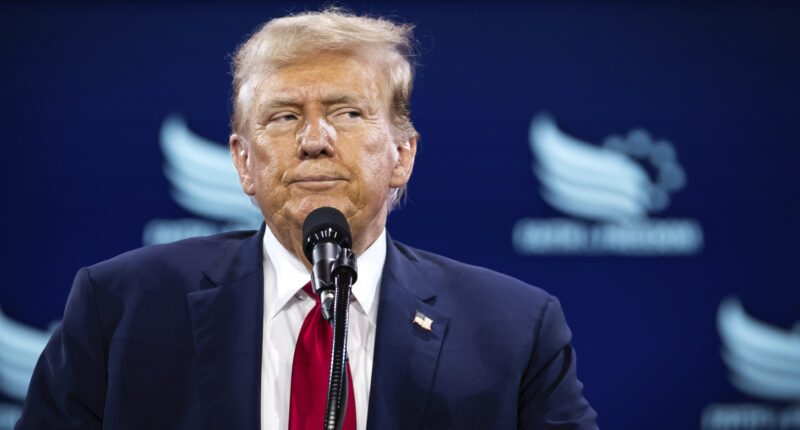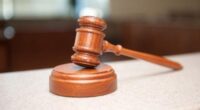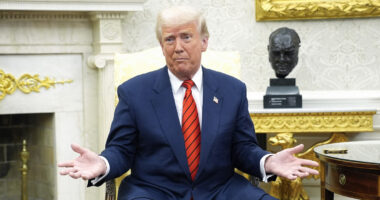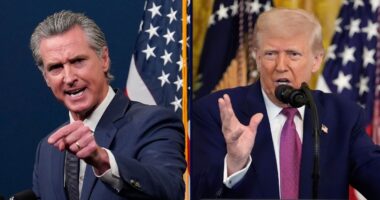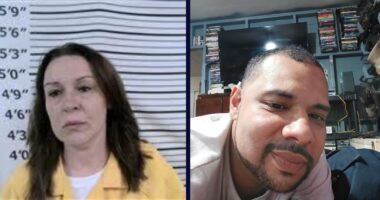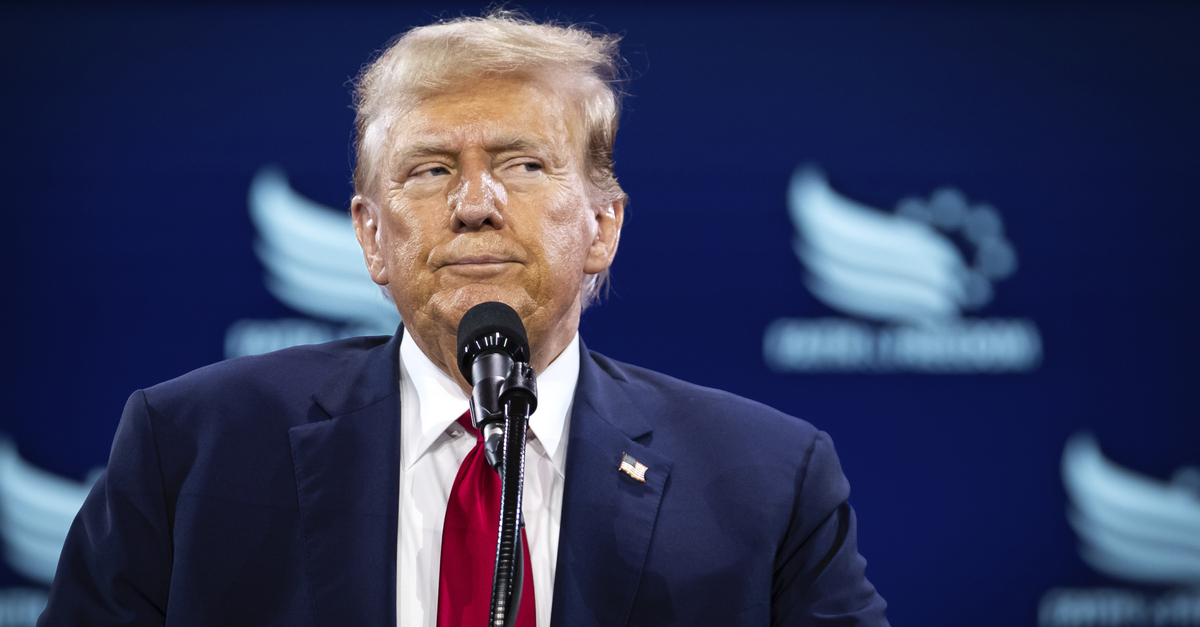
Donald Trump speaks at the annual Road to Majority conference in Washington, DC, June 22, 2024. (Allison Bailey/NurPhoto via AP)
In New York, a state judge has decided not to dismiss the criminal hush-money case against Donald Trump. The judge ruled that the U.S. Supreme Court’s decision on presidential immunity does not apply to Trump’s case because the charges are related to his past actions as a private citizen, not his official duties as president.
The case dates back to May 2024 when Trump was found guilty on 34 counts of falsifying business records in New York. The charges stem from a $130,000 payment made to Stormy Daniels by Trump’s former lawyer, Michael Cohen, in 2016.
New York Supreme Court Justice Juan Merchan emphasized that there was substantial evidence of Trump’s guilt and that his actions were not protected by presidential immunity. This ruling clarifies that the immunity granted to presidents only covers their official duties, not personal conduct.
“The People’s use of these acts as evidence of the decidedly personal acts of falsifying business records poses no danger of intrusion on the authority and function of the Executive Branch,” Merchan wrote in the 41-page ruling.
Following the high court’s July ruling, Trump’s attorneys argued that portions of the evidence presented during the former and soon-to-be president’s criminal trial earlier this year was improperly shown to the jury.
The Supreme Court justices ruled that a sitting president is immune from prosecution for any official acts taken while in office and evidence of a president’s official acts cannot be used against a president in a criminal case, even where the underlying conduct is personal in nature.
Trump also claimed more fundamental problems — that evidence of his official acts as president infected the indictment itself because such evidence was presented during the grand jury process. Specifically, Trump argued that the state improperly used a few references to David Pecker, 72, the onetime CEO of the National Enquirer’s parent company American Media Inc., in laying out its case for grand jurors.
However, the argument did not resonate with Merchan, who reasoned that the evidence presented to jurors related to “entirely unofficial conduct” that was not encompassed by the Supreme Court’s ruling.
“This Court concludes that if error occurred regarding the introduction of the challenged evidence, such error was harmless in light of the overwhelming evidence of guilt,” Merchan wrote. “Even if this Court did find that the disputed evidence constitutes official acts under the auspices of the Trump decision, which it does not, Defendant’s motion is still denied as introduction of the disputed evidence constitutes harmless error and no mode of proceedings error has taken place.”
